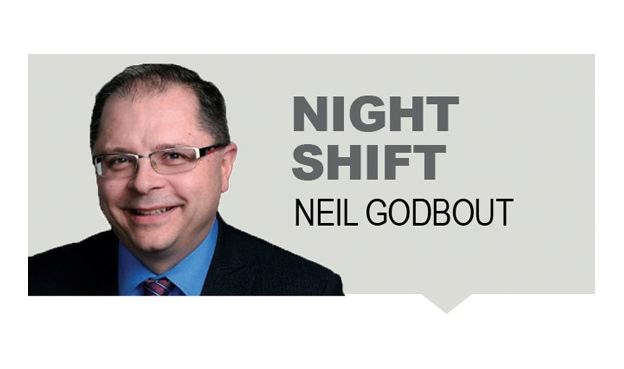During Thanksgiving, many families open up their tables to others who may be alone or without plans for a special holiday dinner.
Generosity to celebrate and be thankful for good fortune is a harvest tradition across many cultures.
Americans will celebrate the 400thanniversary of their November Thanksgiving next year. In 1621, the pilgrims in Plymouth, Massachusetts, celebrated their bountiful harvest and expressed their thanks to the area Indigenous people for sharing the hunting, fishing and agricultural knowledge to help them survive and thrive.
In Canada, according to Canada History magazine, Thanksgiving either dates back to Martin Frobisher holding a dinner of thanks in 1578 in what today is Iqaluit, the capital of Nunavut, or Samuel de Champlain hosting a feast of gratitude in 1606 with the area Mi’kmaq, whose contribution of cranberries would have helped the French settlers avoid scurvy.
Both of those are colonial tales, of course.
North American Indigenous peoples regularly held feasts of appreciation throughout the year for many centuries before Europeans arrived. In our part of the world, these feasts are called potlatches and are still regularly held throughout the year because giving thanks, regardless of heritage, is something we should do all the time, not just once a year.
It is through the spirit of Thanksgiving and opening our table to others to share in the bounty of knowledge, hard work and good fortune, that we should look at the request of the Lheidli T’enneh First Nation and the McLeod Lake Indian Band for two Indigenous seats at the School District 57 board table.
From a numbers perspective, the request makes plenty of sense.
In 2018, just before the last election, the provincial government changed the makeup of the school board to a ward system. Under that system, residents in Mackenzie and the Robson Valley were each allowed to vote in their own trustee to the board.
So, despite the fact Mackenzie and the Robson Valley make up just seven per cent of the population within School District 57 borders, they were granted two of the seats on the school board. By contrast, more than 30 per cent of the SD 57 student population is Indigenous.
In the same way that the District of Mackenzie, the Regional District of Fraser-Fort George and the Village of Valemount joined together asking for representation at the table, the Lheidli T’enneh and McLeod Lake governments have also asked for seats at the table, with elections held in their communities to choose those trustees.
Since joining the school board in 2018, Shulrose Valimohamed, the trustee from Mackenzie, and Bob Thompson, the Robson Valley trustee, have contributed to discussions and voted on all area education policy issues, regardless of whether it directly affected their communities or not. It’s safe to presume that duly elected Lheidli T’enneh and McLeod Lake school board trustees would do the same.
This is an extraordinary request from the two area First Nations that should be received with the utmost respect and courtesy.
Despite the tragic history of residential schools and, until very recently, little education in the curriculum to reflect their history, culture or language, the leaders of these two governments want a seat at the public education table, to benefit not just the children in their communities but all of the children in School District 57.
If anything, it’s sad Clay Poutney and Harley Chingee had to ask first. They, like every parent, like every politician, want to do everything in their power to help the people they represent and give more opportunities for success for their kids. Their leadership should be praised.
The origin of modern Thanksgiving, in both Canada and the United States, is rooted in settlers sitting at a table with their Indigenous neighbours to give thanks and celebrate the value of their collaborative efforts.
In the same way that adding seats to the Thanksgiving table throughout the centuries has strengthened families, neighbourhoods and communities, adding two Indigenous seats to the school board table is the proper and generous thing to do.



